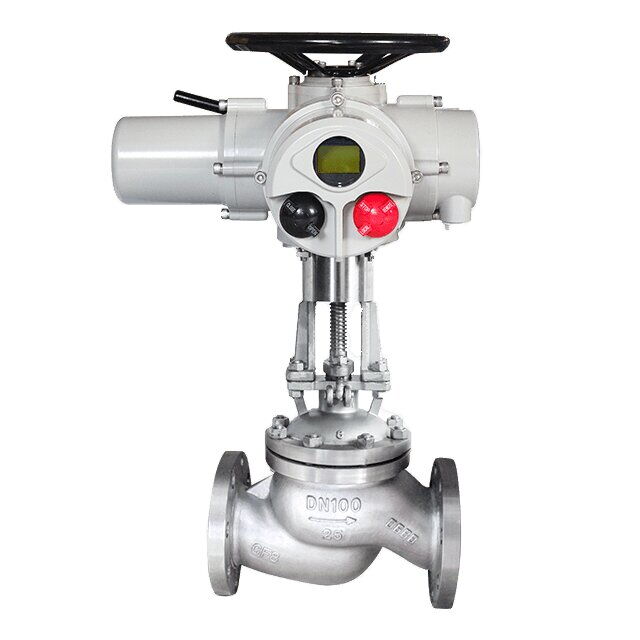How to Enhance Corrosion Resistance in Control Valves
In industrial process control, control valves play a crucial role in regulating fluid flow, pressure, and temperature parameters. However, due to their direct contact with the medium, control valves must withstand corrosion, temperature fluctuations, pressure, and potential solid particles. Therefore, the corrosion resistance of control valves becomes a critical factor in their selection. This article explores the significance of corrosion resistance in control valves, covering the impact of corrosive media, material selection, valve type selection, and structural design considerations.
Impact of Corrosive Media
The corrosion resistance of a control valve directly affects its lifespan and reliability. Corrosion can occur in various forms, such as chemical corrosion, electrochemical corrosion, and erosion corrosion, depending on the medium. In certain specialized processes, such as ammonia synthesis and urea production, mediums like liquid ammonia and ammonium carbamate can severely corrode control valves. Such corrosion not only shortens the valve's service life but also poses a risk of production accidents, impacting the stability of the process. Therefore, when selecting a suitable control valve, it is essential to consider not only the corrosive nature of the medium but also its temperature and pressure conditions.
Material Selection
Choosing the right material for control valves is crucial for different corrosive environments. Here are some common material options.
- Stainless Steel: Suitable for general corrosive media. It offers good corrosion resistance and mechanical properties, making it applicable in most industrial environments.
- Titanium and Titanium Alloys: Ideal for highly corrosive media such as seawater and chlorine gas, often used in chemical and marine engineering.
- Hastelloy and Monel Alloys: Provide excellent corrosion resistance to strong acids, alkalis, and high-temperature environments, commonly used in highly corrosive chemical processes.
- PTFE (Polytetrafluoroethylene) and PFA (Perfluoroalkoxy Alkane): Non-metallic materials that offer exceptional chemical stability, suitable for strong acid and alkali environments, and possess excellent non-stick properties.
Valve Type Selection
Different types of control valves are suitable for various operating conditions. Here are some common valve types and their applications.
- Diaphragm Valves: Suitable for low-corrosive media. Their simple structure and good sealing performance make them widely used in pharmaceuticals and food industries.
- Ball Valves and Butterfly Valves: Suitable for highly corrosive media containing solid particles. They have strong wear and corrosion resistance, commonly used in oil and chemical industries. When selecting these valves, attention should be given to the corrosion and wear resistance of the valve core and seat materials.
- Needle Valves and Globe Valves: Suitable for processes requiring precise flow regulation, often used in laboratories and fine chemical industries where corrosion resistance is crucial.
Structural Design Considerations
In addition to material selection, the structural design of control valves is vital for enhancing corrosion resistance. Here are some methods to optimize structural design:
- Streamlined Flow Channels: Reduce fluid flow resistance and prevent the formation of vortices inside the valve, thus lowering corrosion and wear.
- Anti-Scour Design: Prevent direct scouring of the valve core and seat by the medium, thereby extending the valve's service life.
- Modular Design: Facilitate maintenance and part replacement, reducing downtime caused by corrosion damage and ensuring continuous production.
- Surface Treatment and Coatings: Enhance the corrosion resistance of materials through surface coatings or special treatments, such as chrome plating or nickel plating, to improve the metal surface's corrosion resistance.
Considering the corrosion resistance of control valves is paramount in their selection process. By carefully choosing the appropriate materials, valve types, and incorporating specialized structural designs, the stability and reliability of control valves in corrosive environments can be significantly improved, ensuring the smooth operation of industrial processes. Consequently, corrosion resistance should be a key criterion for evaluating the quality and performance of control valves. As material science and manufacturing technology advance, the corrosion resistance of control valves will continue to improve, providing more reliable solutions for industrial process control.

